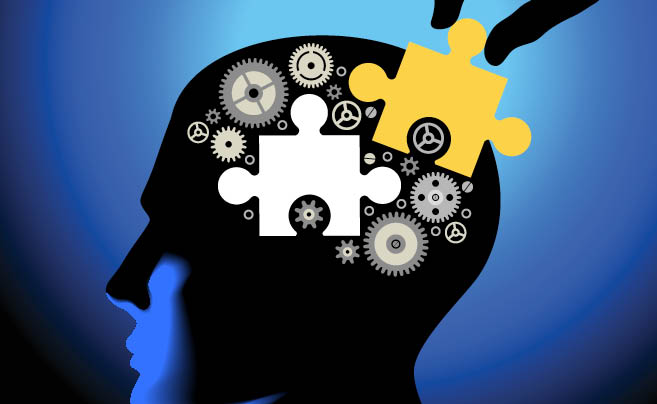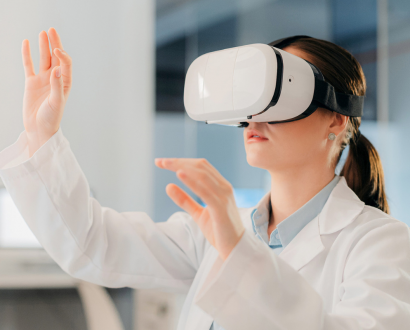From a corporate perspective, the advent and growth of cloud, mobile, digital, and analytics technologies have not only dramatically changed our workplace operations and communications but have even created new industries, start-ups, and other entrepreneurial efforts. Innovation is now the currency du jour for Australian businesses.
At IBM, we recognise the increasingly pervasive role that technology is playing, and believe that were at the dawn of a new era in computingor what we call the cognitive era. In this era, machines will think more like humans, they will help us penetrate complexity so we can make better decisions, and they will interact with us in ways that are more natural to us.
For eight years now, IBM has produced an annual set of five predictionscalled the IBM 5 in 5that look at how technological innovations will change the way we work, live, and play within the next five years.
Our most recent predictions, released late last year, centre around the idea that everything will learn. In the next five years, smart machines will build on top of some of the most important developments in computing todaycloud, mobile, social networking, and big data. As a result, these computers will learn about us in order to personalise their involvement in everyday activities, helping us navigate work and life, and helping us to make good, even business-critical, decisions.
Until recently, only a select few of the worlds leading businesses and government agencies had the ability to collect and organise vast financial and computing resources to solve highly complex problems. But in the coming years, this type of power will become much more readily available to businesses and individuals, thanks to the advent of learning machines.
This vision is not science fiction. Because of todays advances in computing, we will hold learning machines in our hands in the foreseeable future. And because of the nature of these machines, they will keep getting better at what they do. Theyll learn not just about us as individuals but about the collective us, and, over time, will get better at serving the needs of businesses and society as a whole.
The full article can be downloaded below…





